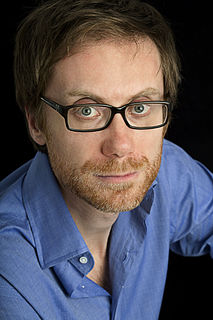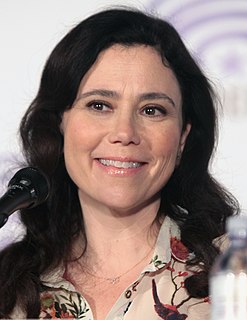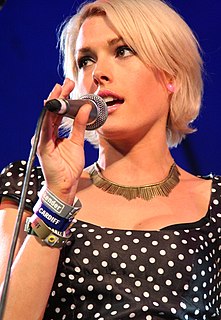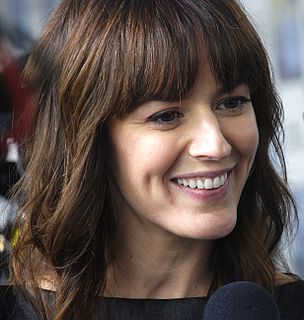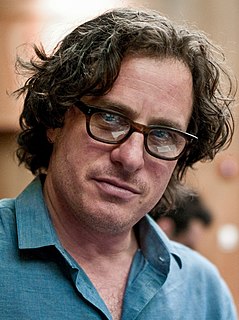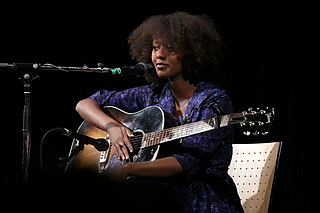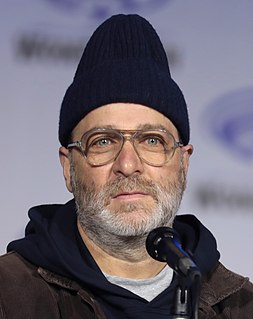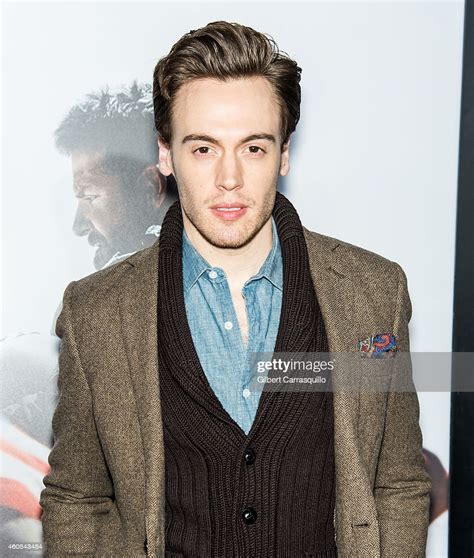A Quote by Cheryl James
We as a group were a voice for women. We've been through a lot, we've experienced a lot. We were very outspoken. We expressed ourselves. To this day we stand by that, we freely talk about sex and relationships.
Related Quotes
I have experienced bad dating and ineptitude with women all across the globe, from Vietnam to Paris. When I was 21, women were an enigma; they were this code that had to be cracked. They were 'The Other.' I have often thought writing this stuff into stand-up and shows would be an exorcism, but it hasn't been; it makes no difference.
Sex is more openly spoken about than 40, 50 years ago, and I think probably in comparison to a lot of bands - certainly other contemporary pop girl bands - we're certainly not as suggestive. We talk about sex in the way that we would to our friends. As a girl group, I think it was important not to avoid those sort of things either, because it's about confronting people's idea of what women should be talking about and how they should talk about it. There's no point in shying away from subjects like that, because they exist.
I started a writing class, not in service of writing a script or writing anything specific. I've just really been enjoying that, and oddly the group, not by design, but it just happened to be all women, and there were three women who gave birth this fall while we were all in class, and there's just something really great about getting to know these women through their stories and what they're writing about.
There's a lot of women in blues music, lots of strong women and that sort of stuff. It's not the first thing that comes to mind when you think about blues. There were a lot of powerful blues guitar players in the olden times that were women. It's just that when you think about blues, you have this one image in your mind.
When you talk to women who were working as print journalists or in broadcasting in the '50s, and then you talk to women who were working in the late '60s, there's an enormous difference. There had already been a huge transition. Then, of course, you get well into the '70s and there were women with children working.
My mother never talked about sex. I was on the Dr. Ruth [ Westheimer] show once - this is years and years and years ago - and it was her Mother's Day show. And I didn't know what we were going to talk about but what she decided we were going to talk about was female masturbation. My mother had invited all her girlfriends. And you know these were all women in their late seventy's maybe they were in their eighty's by then and then and they were horrified because Dr Ruth had a little she had a little chart up you know "female masturbation".
Voice actors I used to know who were starting out in comedy were guys who did a lot of voices. They were usually comedy actors who developed their comedy by doing tons of impressions and voices that were usually very funny. And I never did any of that, so that's, I guess, why I don't consider myself a voice actor.
I was a young feminist in the '70s. Feminism saved my life. It gave me a life. But I saw how so much of what people were saying was not matching up with what they were doing. For example, we were talking about sister solidarity, and women were putting each other down. We were talking about standing up for our rights, and women weren't leaving abusive relationships with men. There were just so many disconnects.
India went through a dramatic revolution after the '90s when our economy started opening up for the first time and Indians were now experiencing the Western life, if you will. Drugs and sex and a lot of those influences came in as the economy stabilized, and we were growing up and experiencing that. The Indian writing market was very small at that time. Our literature was very attuned to what Western audiences were interested in, so everybody was writing about the slums in India and magic realism or stories about Hindus and Muslims and partition.

